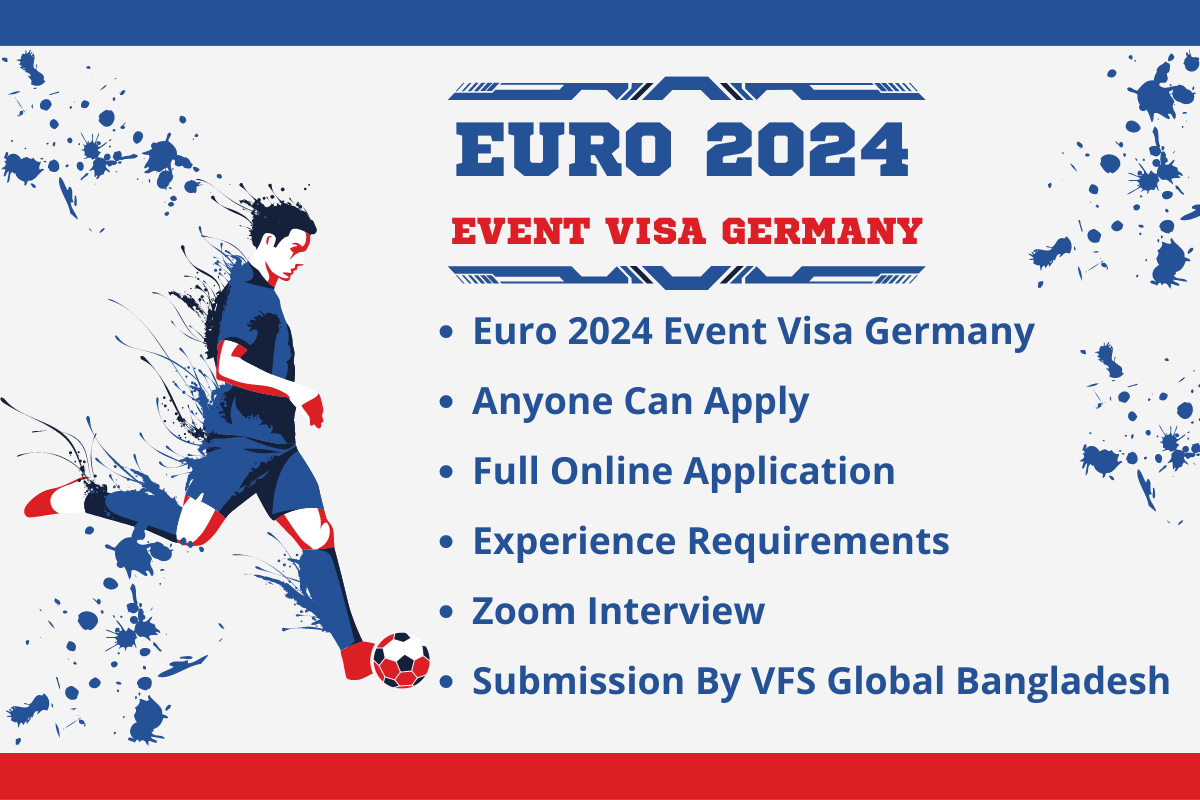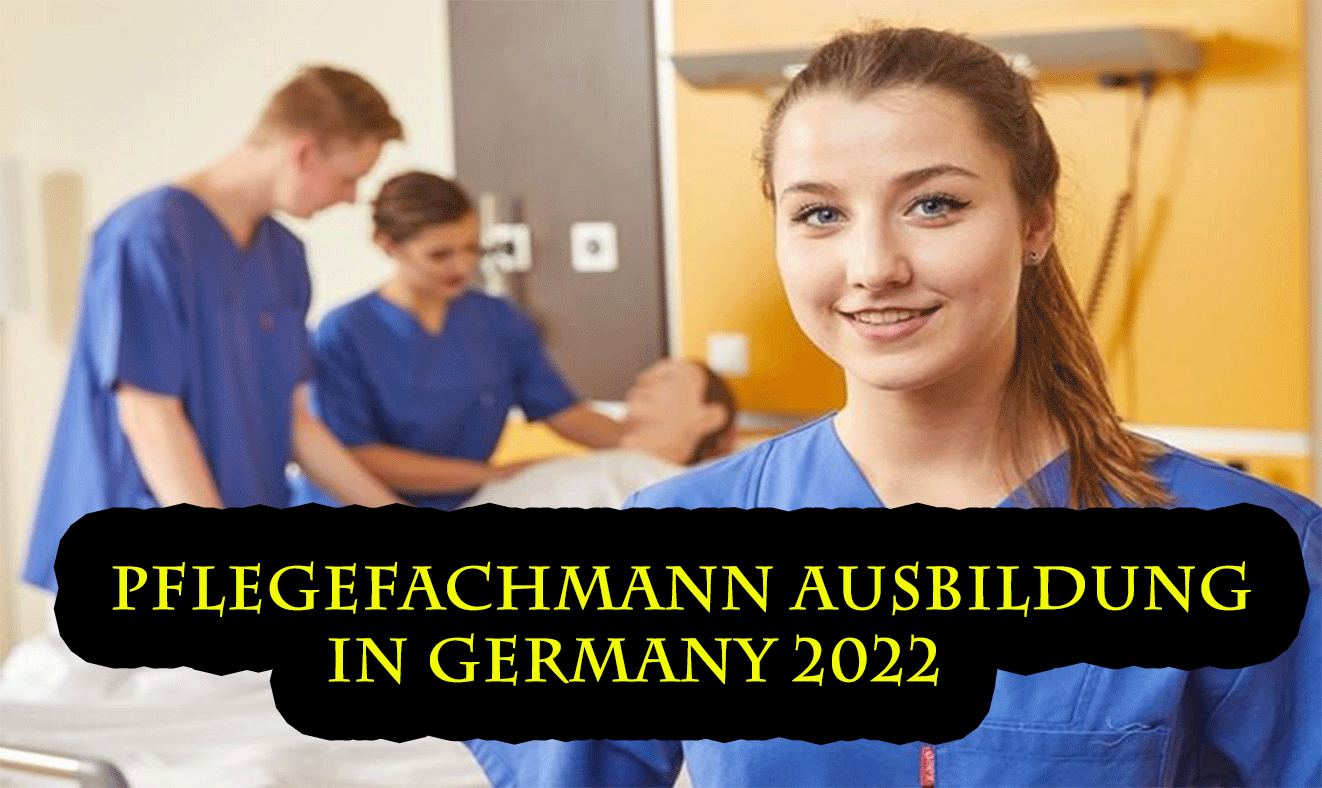The Skilled Immigration Act is a new law that expands the number of job opportunities in Germany for qualified professionals. Skilled employees with vocational, non-academic training from non-EU countries can now more easily migrate to Germany to work. With minor exceptions, the current requirements for qualified professionals with university degrees will be maintained.
What changes does the new legislation bring?
The new law broadens the conditions under which certified experts from outside the EU can operate in Germany. The following are the major changes:
Professionals who are qualified:
The qualified professional is defined as follows: Under the Skilled Immigration Act, the following individuals are deemed, qualified professionals:
Persons who have completed qualified vocational training in Germany (usually requiring at least two years of training) or who have obtained a vocational qualification overseas that has been recognized as equal to German qualified vocational training. If the training does not differ significantly or if the differences have been compensated for, shorter international vocational training courses may be regarded as equivalent to qualified vocational training in Germany.
Persons have a higher education degree equivalent to a German higher education degree.
Getting into the German labour market: Getting into the German labour market has never been easier. A competent professional must have a job contract or a specific job offer, as well as a German-recognized qualification. The Federal Employment Agency does not conduct a priority check (BA). This means that there is no way of knowing whether or not a candidate from Germany or the EU is qualified for the job. The Federal Employment Agency will continue to investigate the working circumstances.
Possibilities for employment: A competent professional can work in any occupation for which they are qualified. This means that jobs in related fields are also available. Furthermore, qualified individuals with academic degrees can work in industries that do not require post-secondary education. They can also work in other occupations that are linked to their degree and that typically require a vocational, non-academic degree. Auxiliary and semi-skilled vocations are not included in this category; the occupation must always require a qualification. Only jobs that are commensurate with the professional qualification, which is usually an academic degree, are eligible for the EU Blue Card.
Qualified professionals with vocational qualifications: The hiring of qualified professionals with vocational, or non-academic, qualifications from outside the EU is no longer limited to occupations with a skills shortage. If someone holds a German-recognized vocational training qualification, their residence permit allowing them to work in a specific occupation will also allow them to work in all occupations covered by their qualification in Germany.
Coming to Germany to look for work: Professionals who have completed a vocational training program are also eligible to travel to Germany to look for work. A six-month residence permit will be provided to them. The following are the prerequisites: the foreign qualification must be recognized by a German competent decision-making authority, the person must be financially self-sufficient for the duration of their stay, and they must possess the necessary German language skills for the selected vocation. In general, German language abilities of the B1 level or higher are necessary, according to the Common European Framework of Reference for Languages (CEFR). Employment of up to 10 hours per week on a trial basis is possible during the time spent in Germany looking for work. This allows both the employer and the foreign qualified professional to determine whether they are a good fit for each other. Professionals with a recognized academic qualification who are still allowed to come to Germany for six months to look for work are also permitted to work on a trial basis.
Period of residence for training and skill development: Opportunities to come to Germany in order to undertake training are being improved. The basic precondition is that a recognition procedure is undertaken by the competent decision-making body in Germany whilst the applicant is abroad, and the procedure finds that the person’s foreign qualification does not fully meet the requirements of a German qualification (in a recognition certificate or “Anerkennungsbescheid”). Another precondition for the issuance of a visa to receive training is that the person has the necessary German language skills. According to the Common European Framework of Reference for Languages, these are usually equivalent to level A2 (CEFR). The 18-month residence permit can be extended for a minimum of six months and a maximum of two years for this purpose. A residence permit for training, study, or work can be issued after the maximum period of the residence permit has expired.
Permits for permanent residence for qualified professionals from all over the world: After four years, foreign qualified professionals can apply for a permanent settlement permit (previously: five years).
Trainees and students:
Coming to Germany to seek a training place: Potential students can already come to Germany to seek a place in higher education. Those interested in receiving vocational training can now come to Germany to find a training place under the new rules. The prerequisites are as follows: German language skills at the B2 level, a school-leaving certificate from a German school abroad or a school-leaving certificate entitling a person to higher education, maximum age of 25 years, and the ability to support oneself financially are required.
German language course for vocational training: If a person has a residence permit for a vocational training course, they may enrol in a German language course (either general or occupation-related).
Improved options for foreign students in Germany to change their residence status: Foreign students now have the option to switch to other types of residence permits even before they finish their studies. Rather than continuing their studies, they can, for example, begin vocational training and obtain a residence permit to attend a vocational training course.
The Skilled Immigration Act broadens these options for changing status: under certain conditions and with the approval of the Federal Employment Agency, a person may accept a job offer as a qualified professional while still studying or receiving vocational training. This entails converting to a residence permit in order to work in a qualified occupation.
Permanent residence permit for foreigners who have successfully completed a vocational training course in Germany: The new act allows foreigners who have successfully completed a vocational training course in Germany to receive a permanent residence permit after two years, the same period as graduates.






